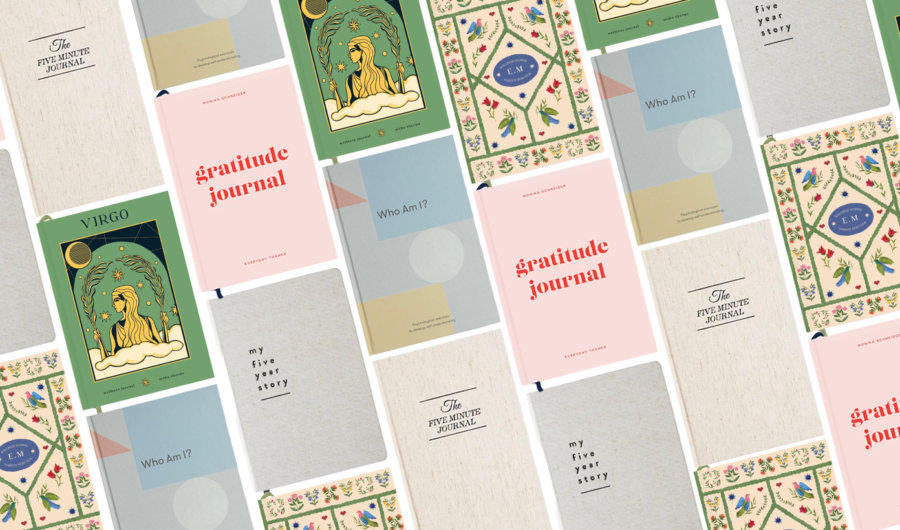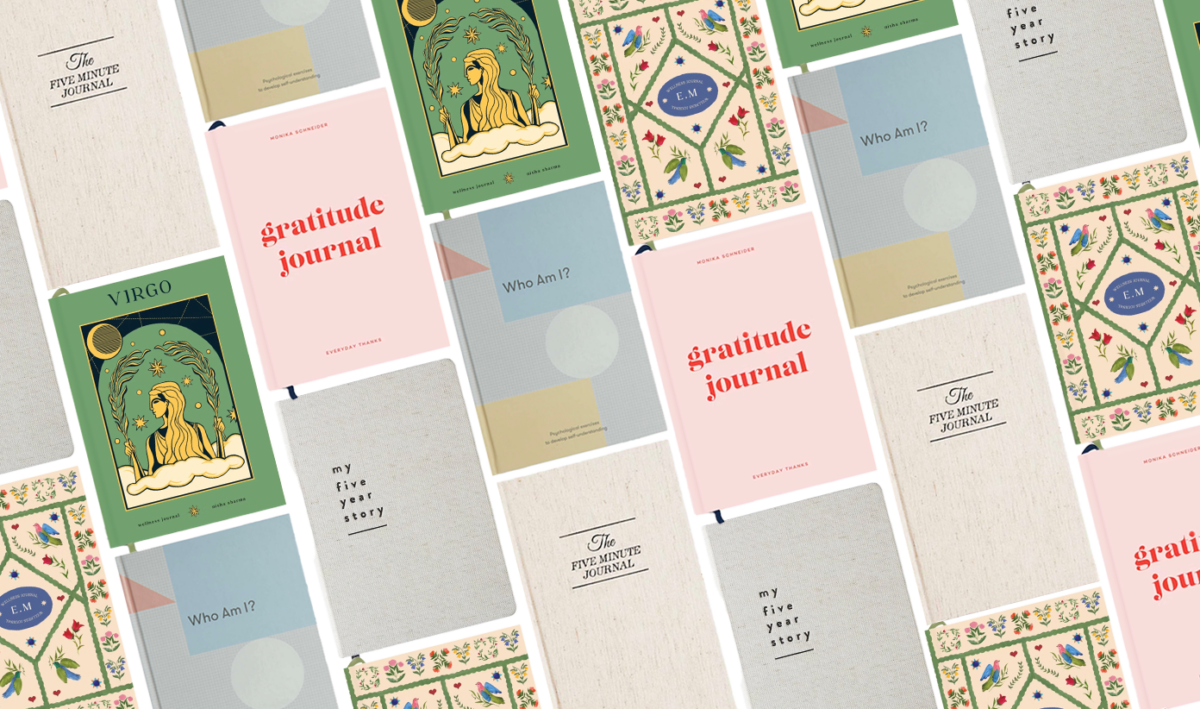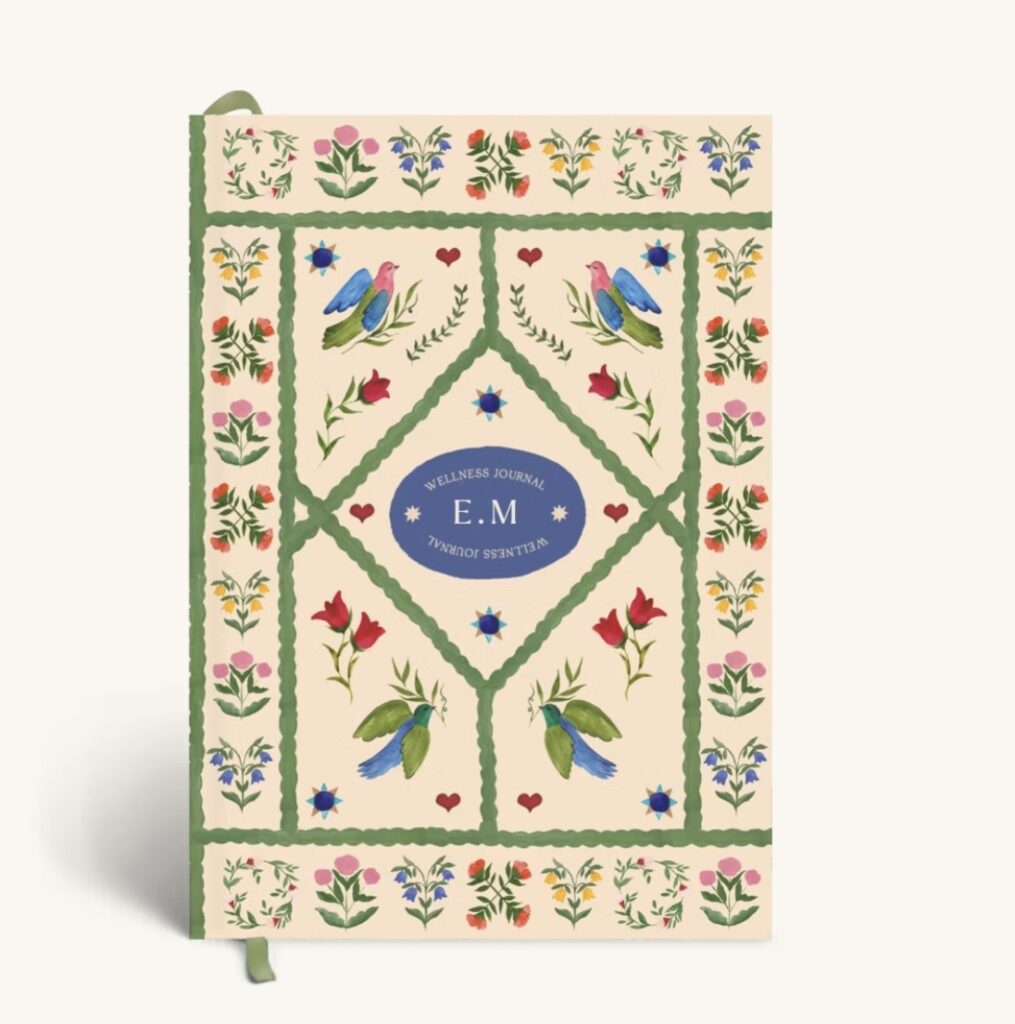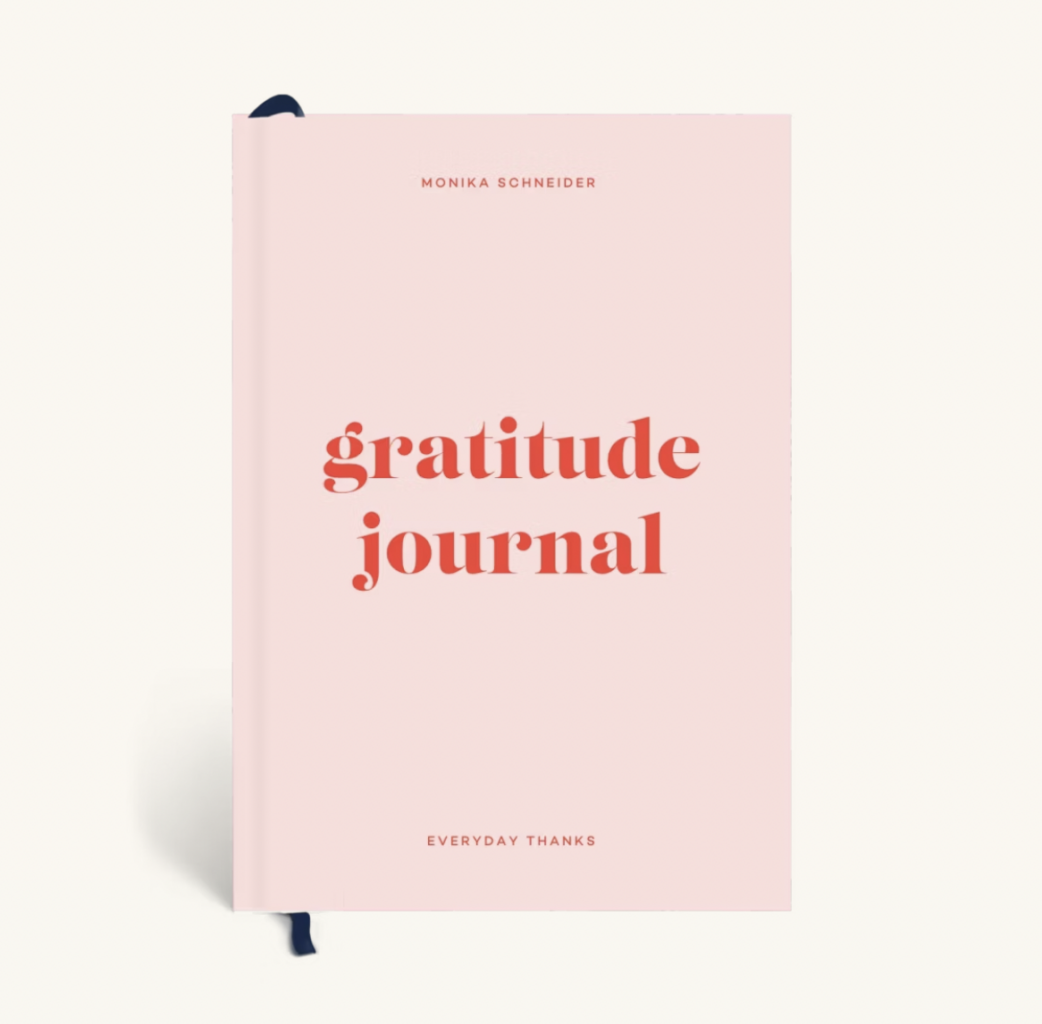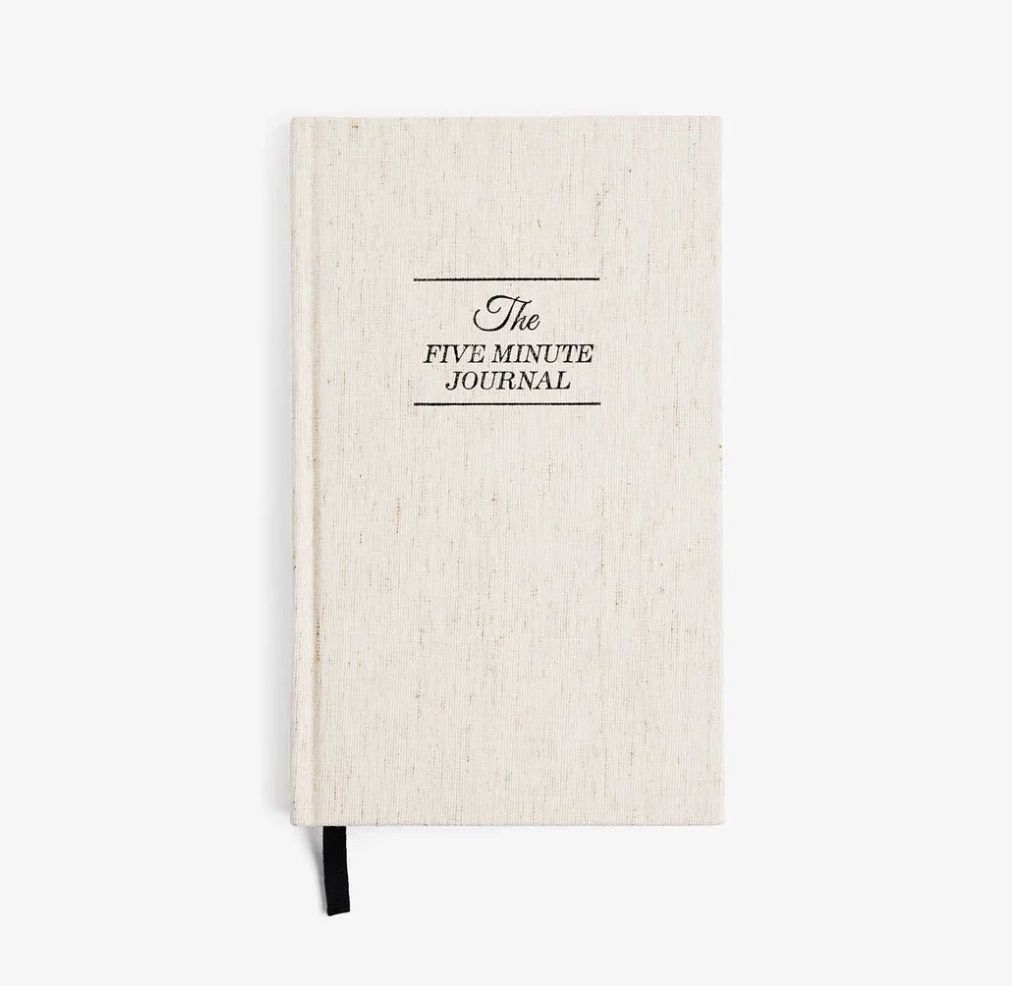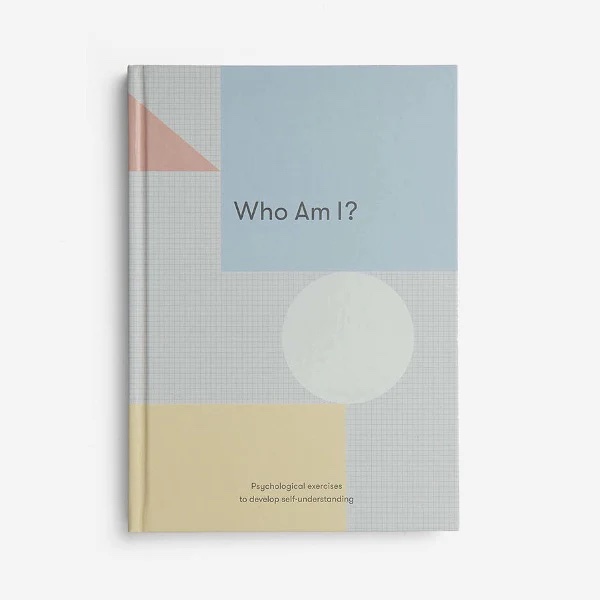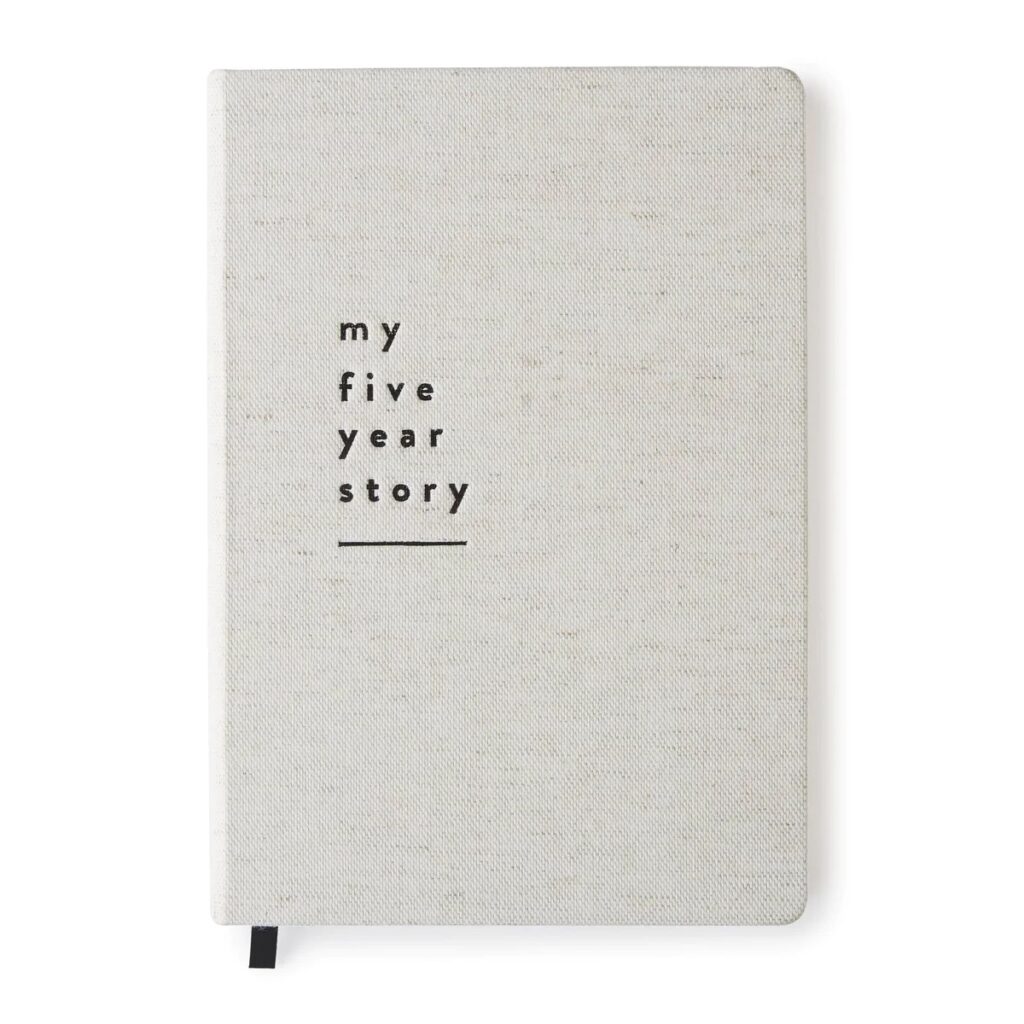In the fast-paced world we live in, where stress seems to be an inevitable companion, finding effective ways to manage our emotions and foster self-discovery is crucial. One powerful and accessible tool that has stood the test of time is journaling. The act of putting pen to paper has proven benefits for mental health, offering a gentle yet profound way to navigate the complexities of life. This article explores the art of journaling as a means of self-discovery and stress relief, providing tips and advice for those looking to embark on this transformative journey.
Create a Safe Space:
One of the fundamental aspects of successful journaling is creating a safe and judgment-free space. Your journal is your private haven, where you can express thoughts and emotions without fear of criticism. Choose a notebook that resonates with you, and designate a quiet, comfortable place for your writing sessions.
Set Realistic Expectations:
Journaling is a personal experience, and there are no strict rules to follow. Set realistic expectations for yourself, whether it’s writing daily, weekly, or whenever inspiration strikes. Avoid placing undue pressure on the process; instead, allow it to unfold naturally.
Start with Gratitude:
Begin your journaling journey with a positive mindset by incorporating gratitude into your entries. Take a moment to reflect on the things you are thankful for each day. This simple practice can shift your focus from stressors to the positive aspects of your life, promoting a healthier perspective.
Free Writing and Stream of Consciousness:
Allow your thoughts to flow freely onto the paper. Engage in free writing or stream-of-consciousness exercises, where you write without censoring or editing yourself. This technique can reveal hidden emotions and insights, aiding in self-discovery.
Explore Prompts and Themes:
If you find yourself stuck or unsure of what to write, explore prompts and themes to guide your journaling sessions. Prompts can range from introspective questions to creative exercises, sparking new perspectives and uncovering aspects of yourself you may not have considered.
Reflect on Challenges and Solutions:
Journaling provides a unique opportunity to reflect on challenges and brainstorm potential solutions. Use your journal to analyze stressful situations, identify patterns, and explore constructive ways to cope. This process not only alleviates stress but also fosters personal growth.
Celebrate Achievements:
Don’t forget to celebrate your victories, big or small. Acknowledging your achievements, no matter how minor, reinforces positive behaviours and boosts self-esteem. Use your journal as a space to record and appreciate your progress on your journey of self-discovery.
Incorporate Mindfulness Techniques:
Combine journaling with mindfulness techniques to enhance the overall experience. Consider adding a brief meditation or deep-breathing exercise before or after your writing sessions to centre yourself and promote a sense of calm.
Experiment with Different Styles:
Journaling is a versatile practice, and there are various styles to explore. Experiment with different writing styles, such as bullet journaling, art journaling, or even digital journaling, to find the approach that resonates best with you.
Review and Reflect:
Periodically review your journal entries to track your progress and gain insights into your personal growth. Reflecting on past experiences can offer valuable lessons and reinforce your commitment to self-discovery and stress relief.


